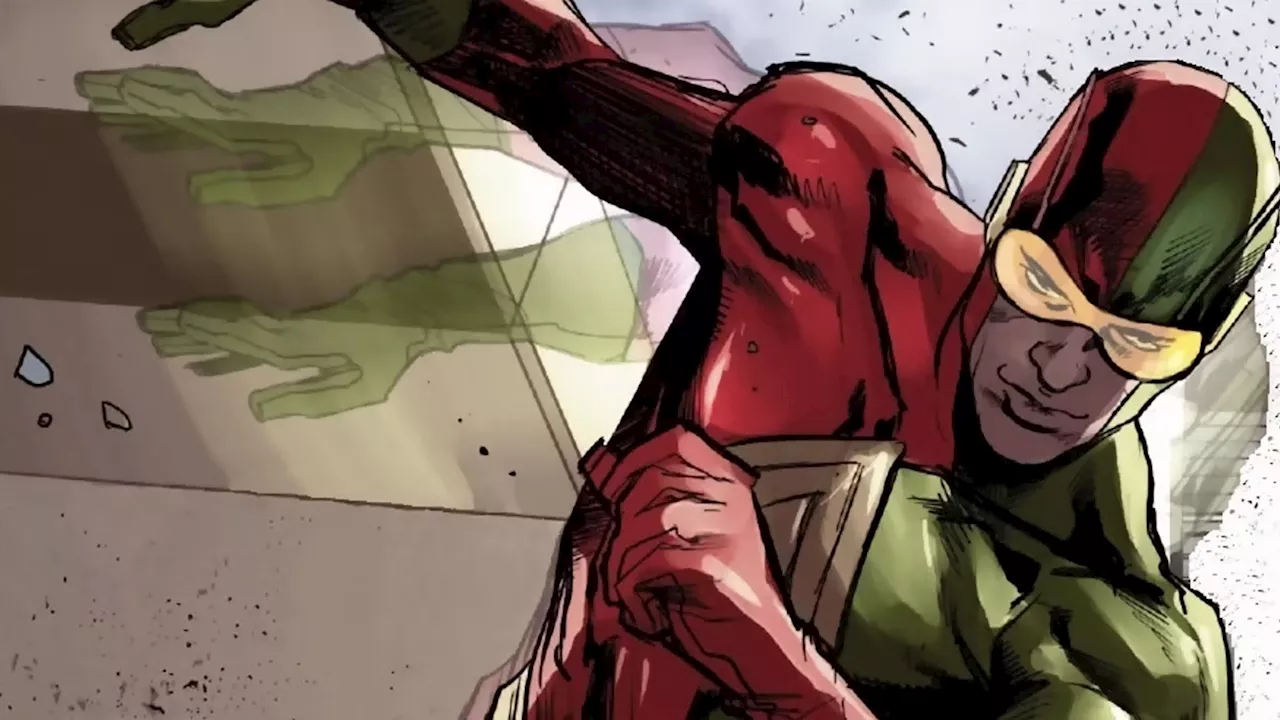Women’s basketball standout Flau’jae Johnson, representing the LSU Tigers, has publicly opposed a proposal from Louisiana Governor Jeff Landry to erect a statue in honor of conservative influencer Charlie Kirk. Landry’s suggestion aims to commemorate Kirk’s advocacy for free speech on college campuses, a concept that has sparked significant debate.
Kirk, who passed away at the age of 31 in September 2023 after being shot, was known for his controversial views. Following Landry’s announcement directing the LSU Board of Supervisors to find a suitable location for the statue, Johnson responded via social media. She expressed her discontent by quote-tweeting a post about the statue, simply stating, “????” to indicate her confusion or disbelief.
In a follow-up response to another user, Johnson elaborated on her stance. “For the sake of clarity, if you align yourself with or endorse his racist rhetoric and discriminatory views toward people of color, I respectfully ask that you utilize the unfollow option at the top right of my profile,” she wrote, emphasizing her commitment to social justice and inclusivity.
Johnson’s remarks reflect a broader sentiment among many who question the appropriateness of memorializing figures whose legacies are marred by divisive rhetoric. The discussion surrounding Kirk’s proposed statue has ignited conversations about the role of public monuments and the values they represent in contemporary society.
The proposal has not only drawn Johnson’s ire but has also sparked a wider debate about freedom of speech, representation, and the responsibilities of public figures. As the LSU community and the state of Louisiana engage in this dialogue, Johnson’s perspective highlights the importance of considering the implications of honoring individuals whose views may be seen as harmful.
As the situation develops, it will be crucial to monitor responses from both supporters and opponents of the statue, as well as any official statements from LSU regarding the Board of Supervisors’ decision-making process. The discourse surrounding this issue illustrates the ongoing tensions in American society over issues of race, speech, and public representation.







